Hollywood has always struggled with where performance ends and exploitation begins. Intimacy coordinators were supposed to help fix that—that shiny #MeToo-era promise that a trained professional could step in, make sex scenes safer, and keep the male gaze from running the camera like it’s 1998.
Yet Florence Pugh says the reality is far messier.
On the Louis Theroux Podcast, she opened up about her mixed experiences with “the good ones and the bad ones,” reminding everyone that progress in Hollywood is still very much a work in progress.
She admitted that, for much of her early career, she was essentially on her own:
“I did a lot of my sex scenes before that was even a job. I am quite quite confident, quite happy in my skin, and I’ve always been able to make sure that I’m heard."
"That being said … there are plenty of things I remember that were completely inappropriate – to be asked to do that, to be directed in that way.”
It’s a sentiment many actors quietly share: before intimacy coordinators, your safety depended on your co-star’s decency and your director’s mood. Now that coordinators exist, the industry is learning—sometimes painfully—that not all of them are created equal.
Jennifer Lawrence recently said on the Las Culturistas podcast that she didn’t need one for her film Die My Love because Robert Pattinson, her co-star, was “not pervy.” The bar, regrettably, remains subterranean.
Lawrence revealed:
“We did not have [an intimacy coordinator], or maybe we did, but we didn’t really … I felt really safe with Rob.”
Nothing says progress like relying on your partner’s non-perviness as workplace protection.
She added:
“If there was a little bit of that I would probably have an intimacy coordinator. A lot of male actors get offended if you don’t want to f**k them, and then the punishment starts. He was not like that.”
This isn’t precisely the glowing testimonial intimacy coordinators dream of—“I didn’t need one because my co-star wasn’t creepy” is not a policy; it’s a hope and a prayer. However, it reflects the complicated reality: the job was created as a post-Weinstein safeguard, yet the profession is still young, uneven, and figuring itself out in real-time.
And while many women describe intimacy coordinators as a long-overdue safeguard, plenty of male actors say the same—not because they feel exploited, but because they feel exposed to misinterpretation.
Simu Liu has said coordinators “protect everyone’s boundaries,” while Bridgerton star Jonathan Bailey praised them for replacing decades of awkward, director-driven guesswork with clear choreography. Penn Badgley has even noted that coordinators help male actors avoid being branded “creepy” in situations that were historically a minefield.
Even Pugh has dealt with both ends of the spectrum:
“But my view is changing about it as well, because I’m now having fantastic experiences with intimacy coordinators. However, that being said, I’ve also had a sh*t example where someone just made it so weird and so awkward and really wasn’t helpful and kind of was just like wanting to be a part of the set in a way that wasn’t helpful.”
She isn’t alone in that ambivalence. Mikey Madison, fresh off an Oscar win for Anora, said she opted out entirely.
Madison told Variety:
“For our film, it was a choice that I made. The filmmakers offered me, if I wanted, an intimacy coordinator.”
Gwyneth Paltrow also criticized a coordinator on Marty Supreme, saying she felt “as an artist, very stifled.” Sean Bean has even claimed coordinators “ruin the spontaneity.” Actors everywhere: divided, confused, exhausted.
But—and this is the part Pugh emphasizes—the good ones are genuinely transformative:
“It’s a job that’s still figuring itself out. But I will say that I’ve been able to understand better meaning now through working with great [intimacy coordinators] in sex scenes."
"Finding the story of what it is, what kind of sex is it, how do you touch each other, and how long have you been having sex for."
"All of these things really matter when you are trying to build a relationship that’s been going for 10 years.”
Still, criticism from Paltrow and Madison prompted pushback. Former Channel 4 drama chief Caroline Hollick even called Paltrow “irresponsible,” pointing out that actors with power opting out often leaves less powerful actors exposed.
Pugh, unsurprisingly, lands on the side of nuance:
“When I worked with a fantastic coordinator, I was like, ‘Oh, this is what I’ve been missing, understanding the dance of intimacy’ as opposed to just shooting a sex scene. There are good ones and bad ones, and it’s through the good ones that I have learned how effective it can really be.”
Nuance: the thing Pugh has and Hollywood occasionally borrows.
She continued:
“It's not to get in the way, it's not to confuse, it's not to make things more complicated or make things more awkward."
"It's simply to make sure that everybody is happy with what they're creating and also that you're creating things that have meaning to them.”
You can watch the interview clip here:
- YouTubeLouis Theroux
Naturally, social media immediately clocked in with its own performance review:




But even the best intimacy coordinator can’t fix an institutional problem Hollywood still hasn’t confronted: racialized sexualization. The intimacy coordination field—young, earnest, and well-meaning as it is—is overwhelmingly white. That makes certain forms of bias harder to spot, especially when those biases shape how actors of color are framed, touched, and directed.
Sasha Smith, an intimacy director and member of Intimacy Directors & Coordinators, explained the stakes to Elle in 2020:
“On certain shows I’ve worked on, I noticed different tensions and insecurities than working on a show with all white people. No one in the room had the capability to speak to that.”
Greater on-screen diversity has prompted more honest conversations, ones that require intimacy coordinators to be trained and hired equitably enough to navigate.
Actor India Amarteifio, who worked with a coordinator on Queen Charlotte, said she felt genuinely protected:
“Everything is in there for a reason. It’s a testament to our team and to Shonda [Rhimes], everyone being just genuine, lovely people, and remembering that this is a show and it’s for storyline. We don’t put things in just for the sake of it.”
The big question, then, is whether Hollywood is willing to invest in intimacy coordination the way it claims to. The system works beautifully when it’s done right. When it’s not? Actors are left exactly where they were before #MeToo: improvising safety in an unsafe environment.
Hollywood says it wants safer sets. Florence Pugh’s point is simple: prove it. For Pugh’s full podcast episode with Louis Theroux, you can listen here on Spotify.



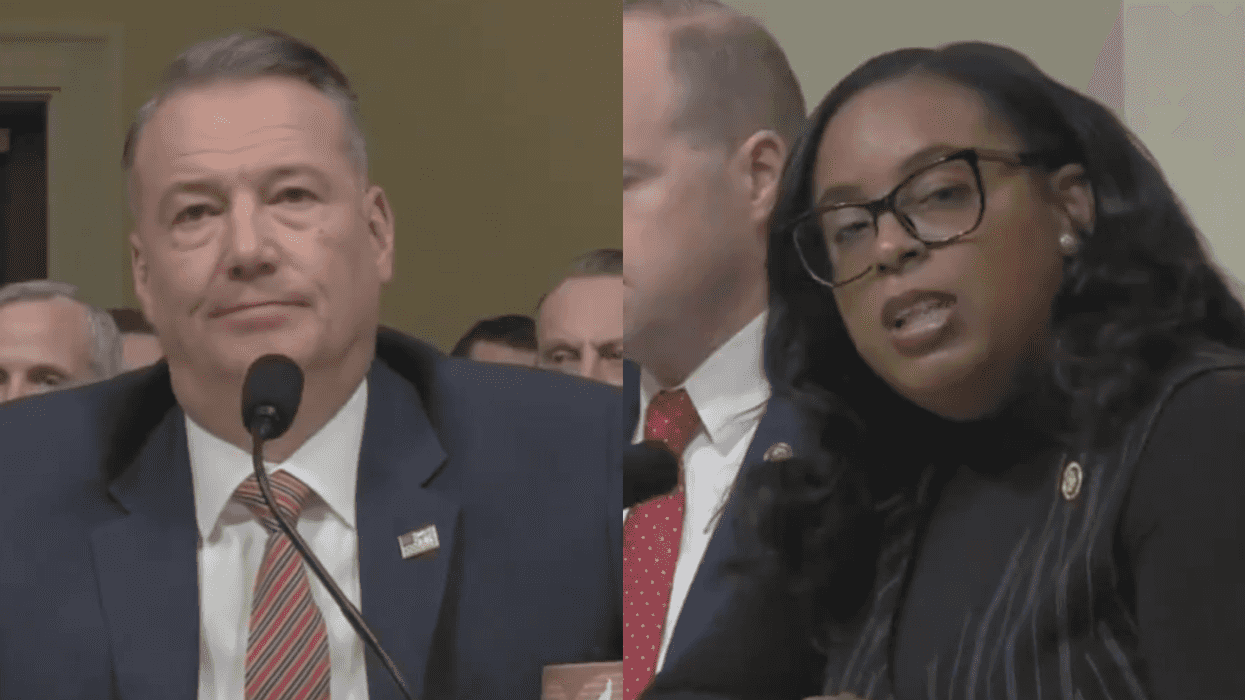




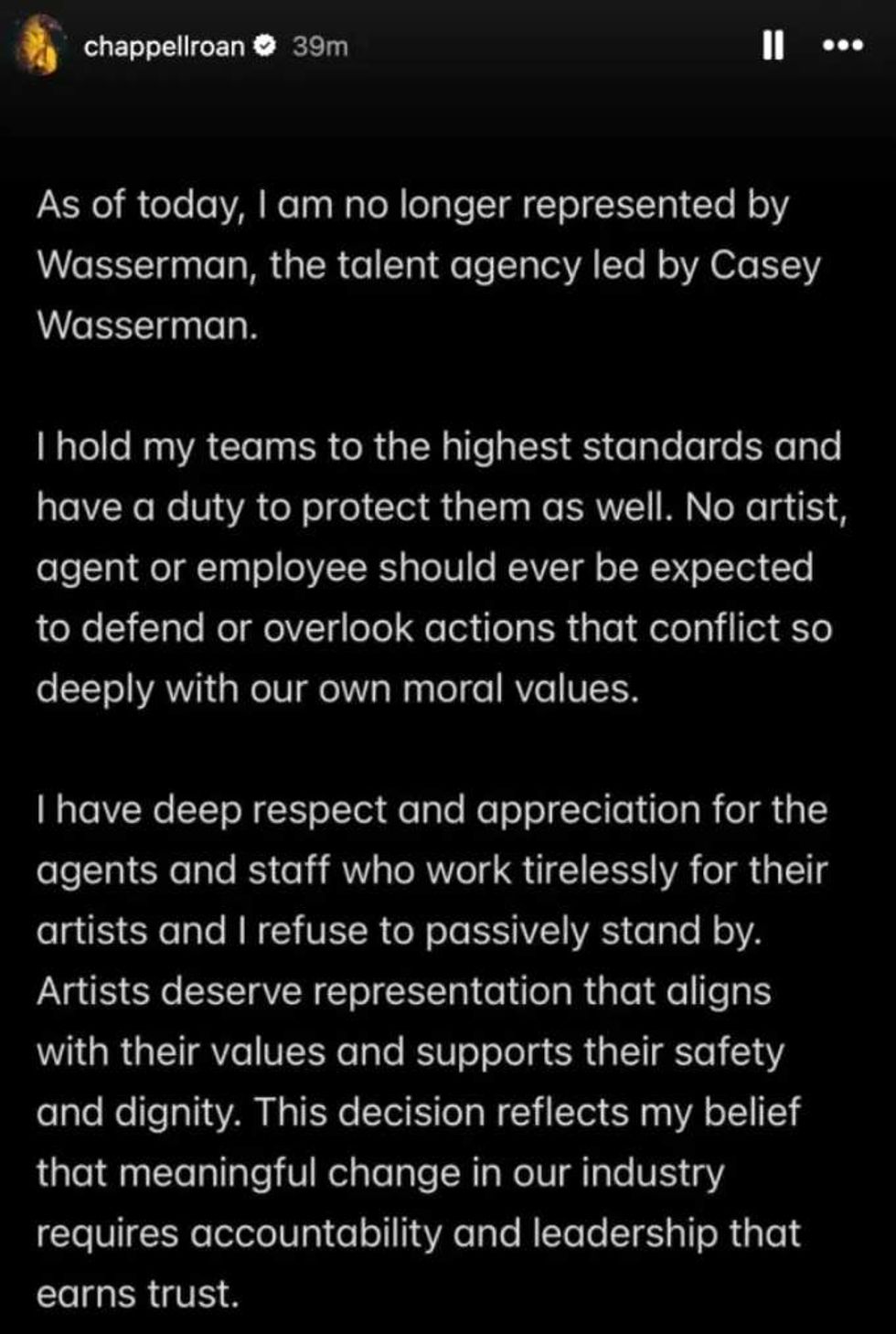 @chappellroan/Instagram
@chappellroan/Instagram r/Fauxmoi/Reddit
r/Fauxmoi/Reddit r/Fauxmoi/Reddit
r/Fauxmoi/Reddit r/Fauxmoi/Reddit
r/Fauxmoi/Reddit r/Fauxmoi/Reddit
r/Fauxmoi/Reddit r/Fauxmoi/Reddit
r/Fauxmoi/Reddit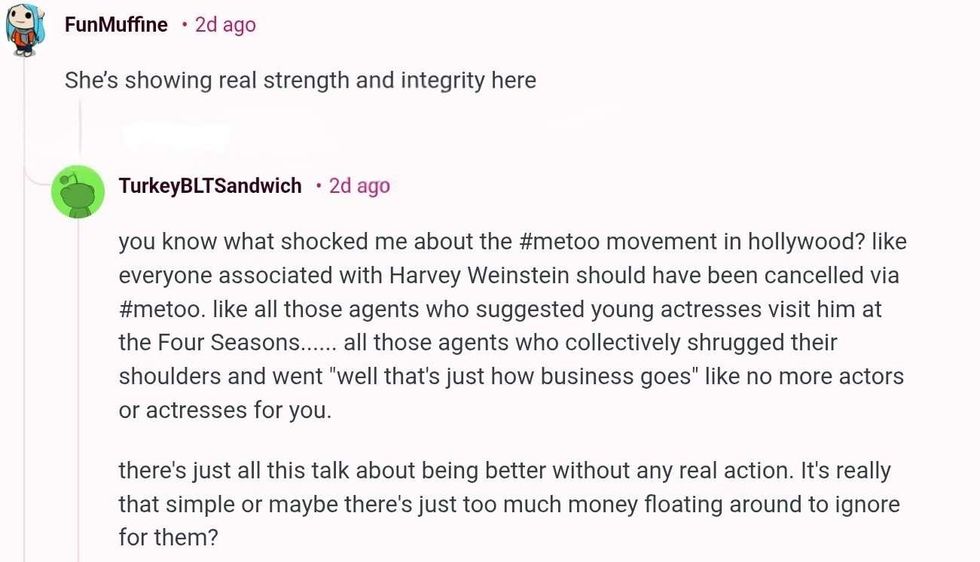 r/Fauxmoi/Reddit
r/Fauxmoi/Reddit r/Fauxmoi/Reddit
r/Fauxmoi/Reddit r/Fauxmoi/Reddit
r/Fauxmoi/Reddit r/Fauxmoi/Reddit
r/Fauxmoi/Reddit r/Fauxmoi/Reddit
r/Fauxmoi/Reddit r/Fauxmoi/Reddit
r/Fauxmoi/Reddit r/Fauxmoi/Reddit
r/Fauxmoi/Reddit r/Fauxmoi/Reddit
r/Fauxmoi/Reddit r/Fauxmoi/Reddit
r/Fauxmoi/Reddit @ANASKHA96399553/X
@ANASKHA96399553/X r/Fauxmoi/Reddit
r/Fauxmoi/Reddit r/Fauxmoi/Reddit
r/Fauxmoi/Reddit r/Fauxmoi/Reddit
r/Fauxmoi/Reddit
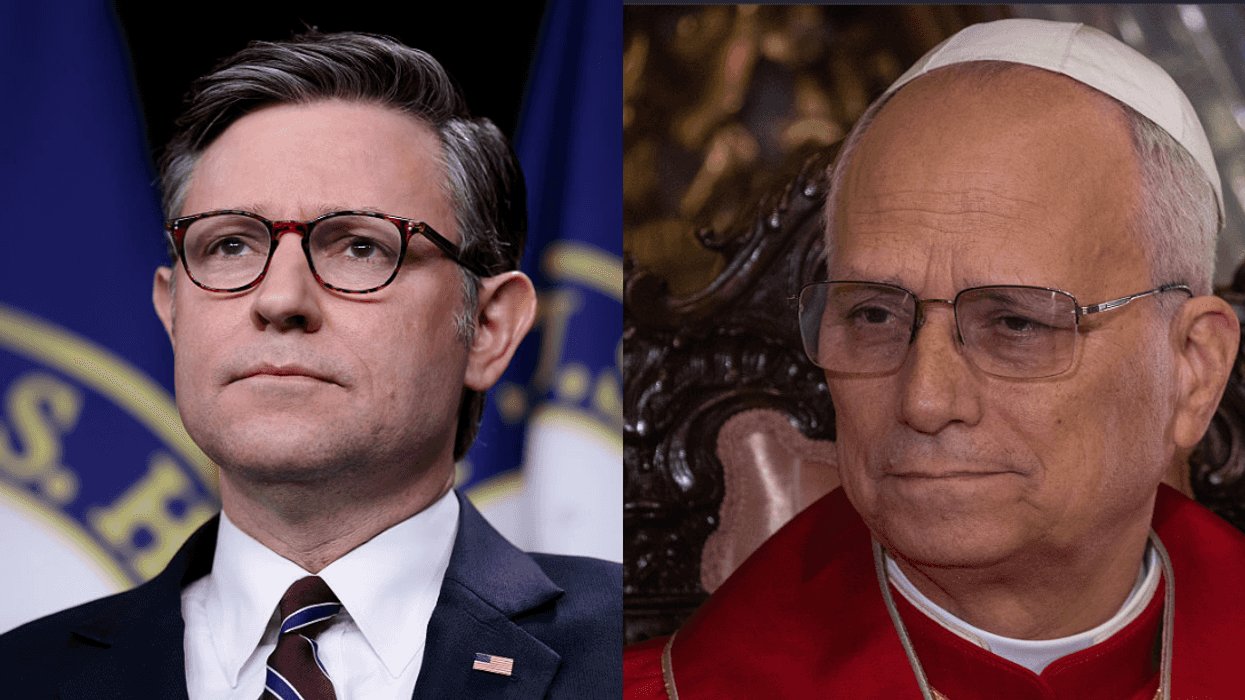



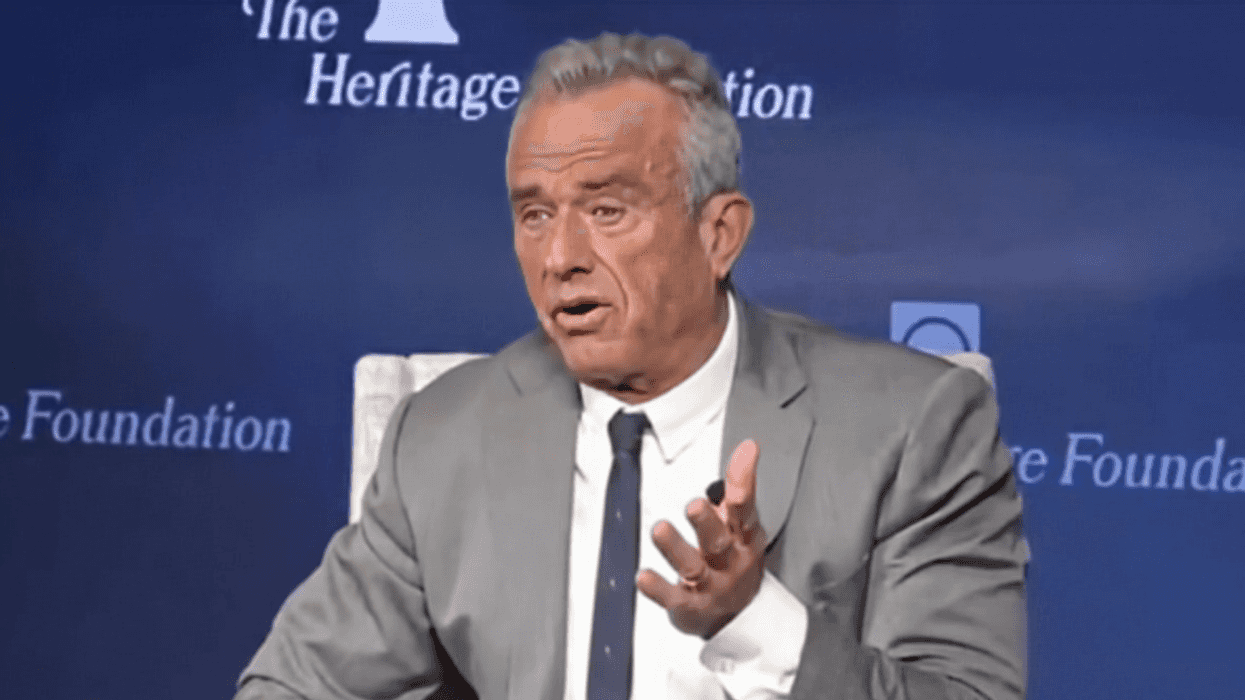
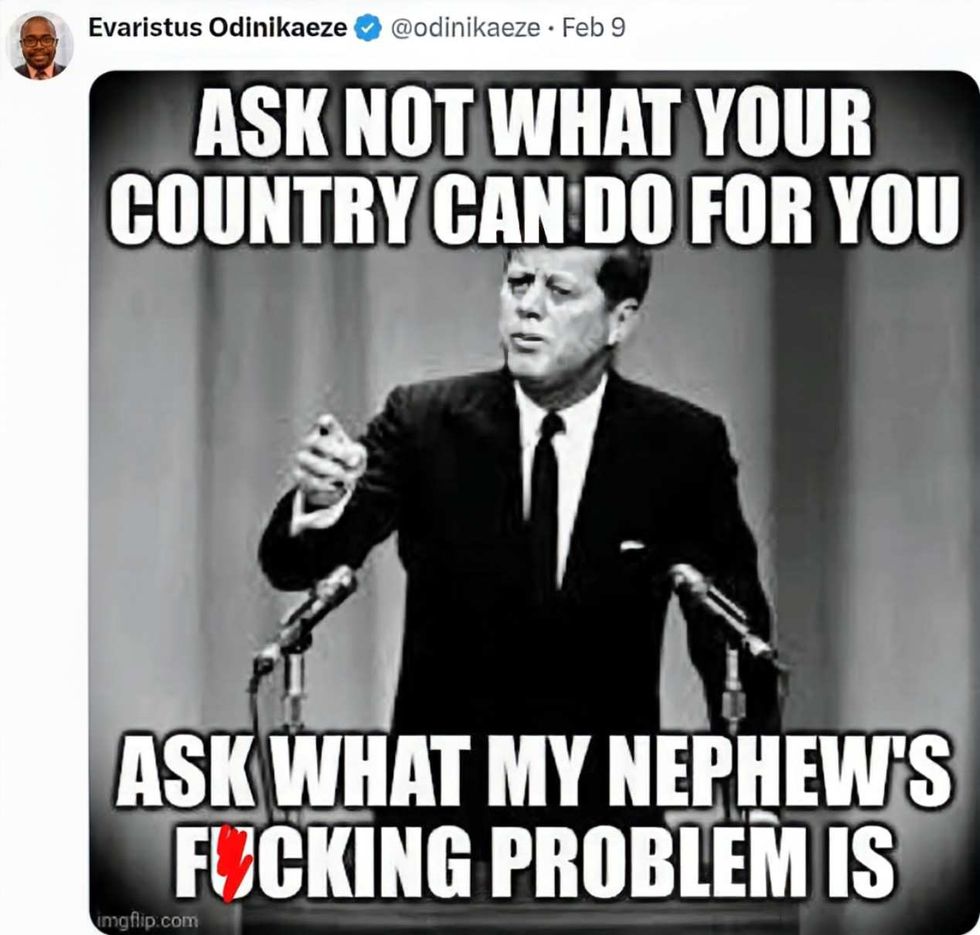 @odinikaeze/X
@odinikaeze/X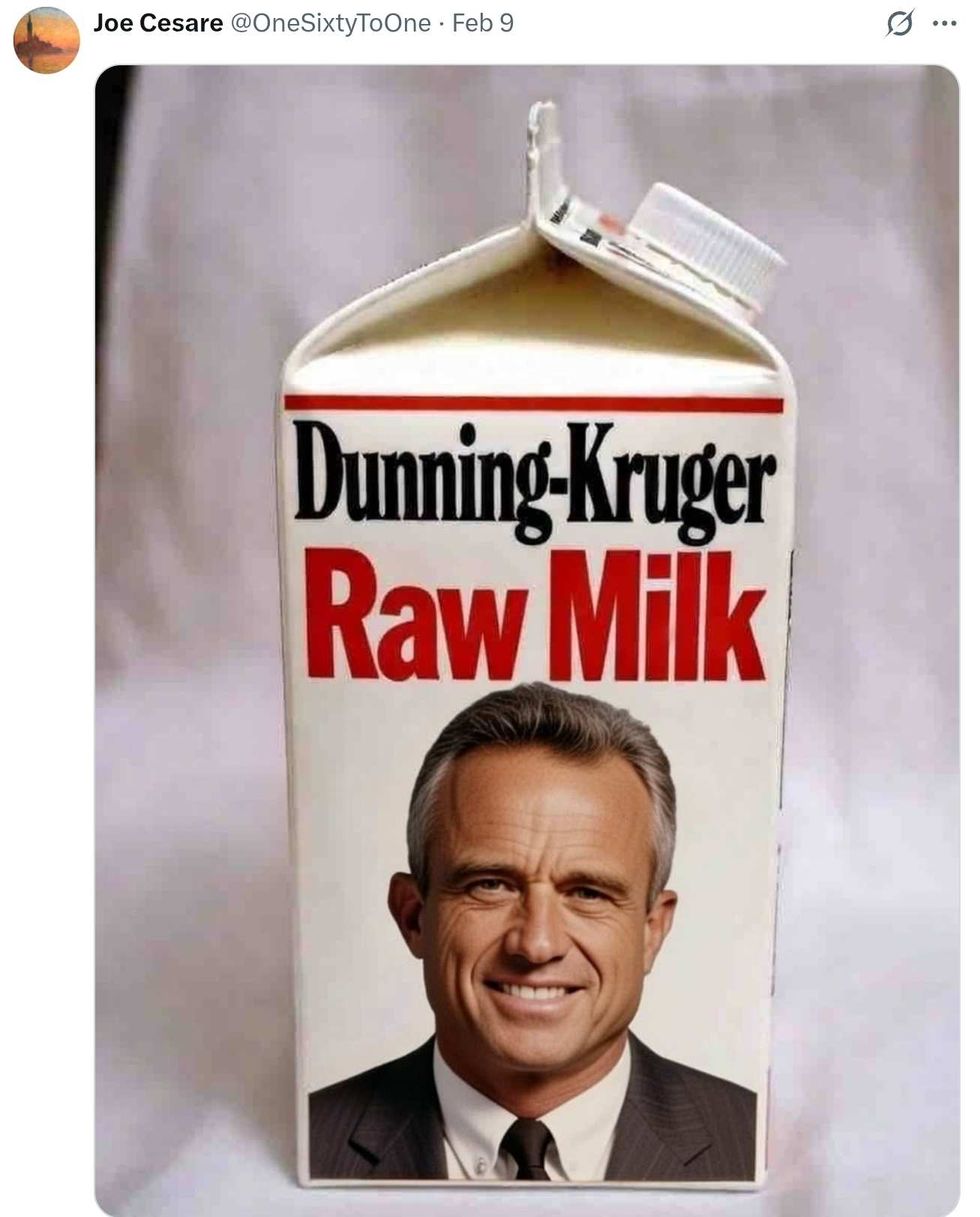 @OneSixtyToOne/X
@OneSixtyToOne/X @Dazz222/X
@Dazz222/X

 The White House
The White House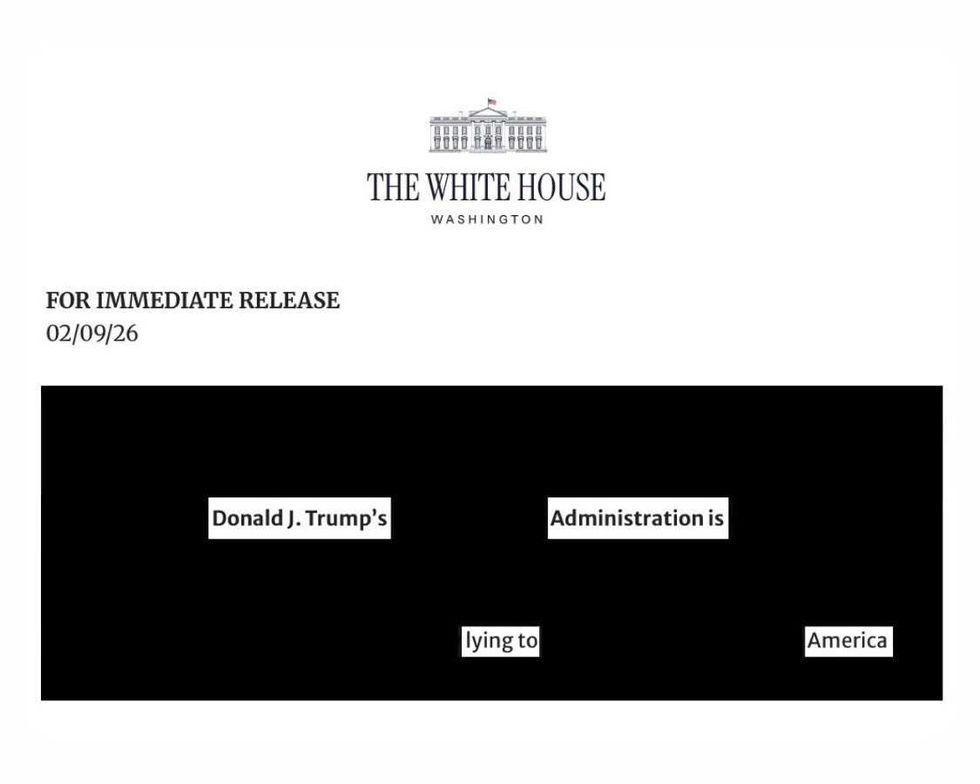 @JBPritzker/X
@JBPritzker/X